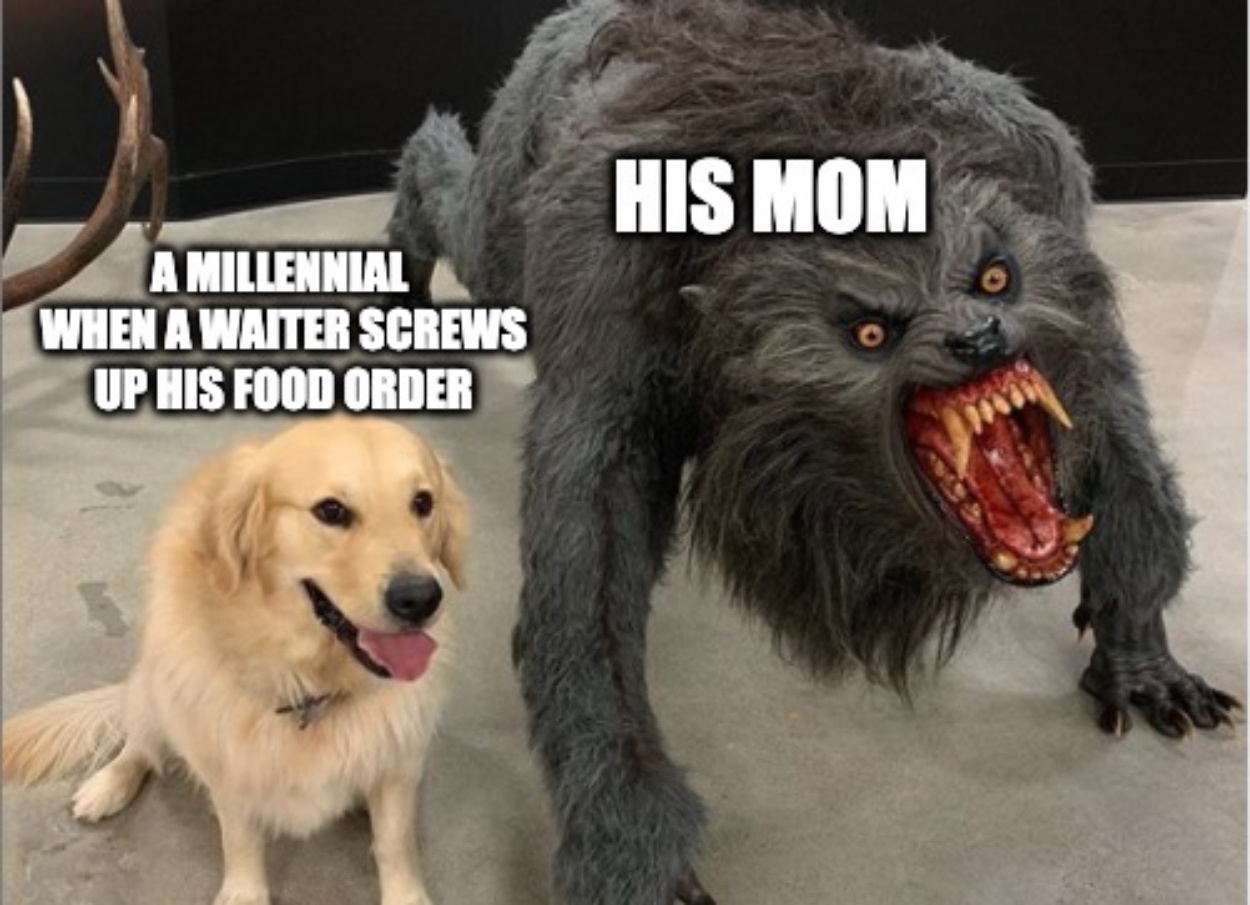There's a particular kind of internet humor that has been making the rounds, and it involves a phrase that might make some of us feel, well, a little seen, or perhaps a little old. This phrase, "geriatric millennial," has really captured the attention of many, especially those born in the early 1980s. It’s a playful way of pointing out that certain individuals within the millennial age group, specifically those on the older side, have a unique set of experiences and a somewhat different outlook compared to their younger generational counterparts, so it's almost a category all their own. It’s a humorous label, you know, that speaks to a specific slice of a very large generation, highlighting their distinct journey through technological and cultural shifts.
This term, you know, it pops up quite a bit on social media platforms, often paired with anecdotes about growing up with dial-up internet or remembering a time before smartphones were just, everywhere. It’s a way for people to bond over shared memories that younger millennials or Gen Z might not quite grasp. The humor often comes from the slight exaggeration of these experiences, making them seem a bit more, shall we say, "aged" than they actually are, but it’s all in good fun, really. These shared recollections, in a way, create a sense of camaraderie, allowing people to feel connected through their past experiences, which is quite a powerful thing.
What this meme does, in a way, is highlight the vast range of experiences within a single generation. Not every millennial grew up with the same technology or cultural touchstones, and this phrase helps to distinguish those who bridged the gap between the analog world and the digital one. It’s a recognition of a unique position, almost a transitional generation within a generation, and it gives a name to that feeling of being just a little bit out of sync with the newest trends, yet still very much a part of the digital conversation, in some respects. This group, you see, often remembers a world where information wasn't instantly available, a concept that can be quite foreign to younger folks today.
Table of Contents
Here's a quick look at what we'll talk about:
- What is a Geriatric Millennial Meme?
- Why Does the Geriatric Millennial Meme Resonate?
- Who is a Geriatric Millennial?
- How Does the Geriatric Millennial Meme Affect Identity?
- The Real Meaning of Geriatric - Understanding Medical Care
- Finding Support for Older Adults in Port St. Lucie, FL
- The Importance of Specialized Elderly Care
- Jordan Bromberg - A Provider in Geriatrics
What is a Geriatric Millennial Meme?
The phrase "geriatric millennial meme" refers to a specific kind of joke or observation that points out the unique characteristics of older millennials. These are people typically born between 1980 and 1985, who remember a time before the internet was truly widespread in homes, and who might have used a flip phone for quite a while. It's a humorous way to describe someone who, for example, might still print out directions even with GPS available, or who remembers the distinct sound of dial-up internet connecting. The humor comes from the slight absurdity of applying the word "geriatric," which means old, to a group of people who are still relatively young, in a way. It’s about the cultural gap, not actual age, you know, and it creates a fun contrast.
These memes often feature scenarios that highlight the blend of analog and digital experiences. You might see a picture of a VCR next to a streaming device, or a reference to burning CDs while also using Spotify. It's a way for these particular millennials to poke fun at themselves and their slightly outdated habits, or perhaps just to acknowledge their unique position in the technological timeline. They are, in a sense, the bridge generation, having experienced both worlds pretty extensively. This means they can speak to both the old ways of doing things and the new, which is quite a distinctive position, actually.
The term became really popular because it hit a nerve with many people who felt like it described their personal experience. It's not meant to be mean-spirited; rather, it's a form of self-deprecating humor that allows a group to connect over shared cultural touchstones. It’s a way of saying,


